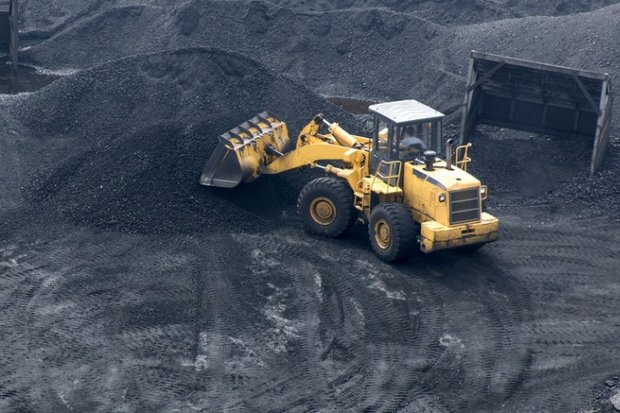
Krungthai Bank (KTB) will take a 10% hit to its bottom line, and its bad-loan ratio will rise by 20 basis points in the worst-case scenario of a default by cash-strapped Energy Earth Plc (EARTH), analysts say.
The Stock Exchange of Thailand, however, rushed to downplay jitters, saying Energy Earth's problem would not spill over into other companies.
Tanawat Ruenbanterng, an analyst at Maybank Kim Eng Securities, said his estimate is based on the assumption that KTB has lent 3 or 4 billion baht to Energy Earth and the loan amount represents 0.20% of the state-owned bank's loans outstanding.
KTB's gross non-performing loans stood at 4.36% of total loans at the end of March.
Energy Earth, a SET-listed coal importer and distributor, last week failed to redeem its two lots of bill of exchanges (B/Es) worth a combined 90 million baht, citing that the company's cash has been squeezed after its bank creditor had halted its overdraft line of credit, and this reminisced investors about the recent series of B/E defaults.
According to Energy Earth's filing which was recently submitted to the Stock Exchange of Thailand (SET), the company's B/Es worth another 470 million baht will come due for payment from this week to next month, 70 million of which will be due on Thursday and 10 million on June 21.
In the same filing, Energy Earth has said that if it defaults on payments for B/Es worth 500 million baht in total, its debenture holders could call for early redemption. The company has two batches of a combined 5.5 billion baht, of which 1.5 billion will be due in December this year and the remaining 4 billion next year.
"This is irregular for a company that reported it had cash of 1.2 billion baht in the first quarter of 2017," Mr Tanawat said. "Investors are concerned Energy Earth will fail to service bank loans in the next step.
"It is too early to say whether Energy Earth will be unable to pay off loans to KTB, which will be due this year. Energy Earth had some short-term liquidity problems, but the company can solve the problem and avoid debt default. However, analysts will watch the case closely."
It remains unclear which banks are Energy Earth's creditors, in addition to KTB. Energy Earth earlier said that it secured a term loan worth US$140 million or 4.2 billion baht to purchase a coal mine in 2015, while KTB had announced that the bank provided a loan of about $80 million to Energy Earth.
"We believed that KTB was Energy Earth's main creditor and the company would also owe trade finance loans, of which the nature is short-term debt," Mr Tanawat said. "We then haven't taken this kind of loan (trade finance) into account and don't think it will turn to soured loans."
KTB last Friday said the bank would feel only minor effects if Energy Earth failed to repay debt owed to the bank, citing a high capital buffer. The bank, however, did not specify how much Energy Earth owes KTB.
Chantavarn Sucharitakul, Bank of Thailand's assistant governor for Corporate Strategy and Relations Group, said that the central bank will closely watch on EARTH's impact on commercial bank system.
However, the commercial bank industry has a high capital adequacy ratio of 17.8% and they have closely taken care of their debt quality, she said, adding that commercial banks had a combined 545 billion baht in reserves, representing 161.8% of the required provision at the end of March.
Adisorn Mungparnchon, an analyst at Phillip Securities, estimates that KTB would provide around 9 billion baht worth of loans to Energy Earth since 2010 but the amount would be reduced.
Energy Earth's current debt owed to KTB, which was extended to fund the company's coal mine acquisition in 2015, would be more than one billion baht, he said.
"Normally, KTB sets aside counter-cyclical provisions of about 1.4-2 billion baht per year. If the bank is liable to increase the reserve by more than one billion baht, it will be a huge percentage and it will affect the bank's net profit," he said.